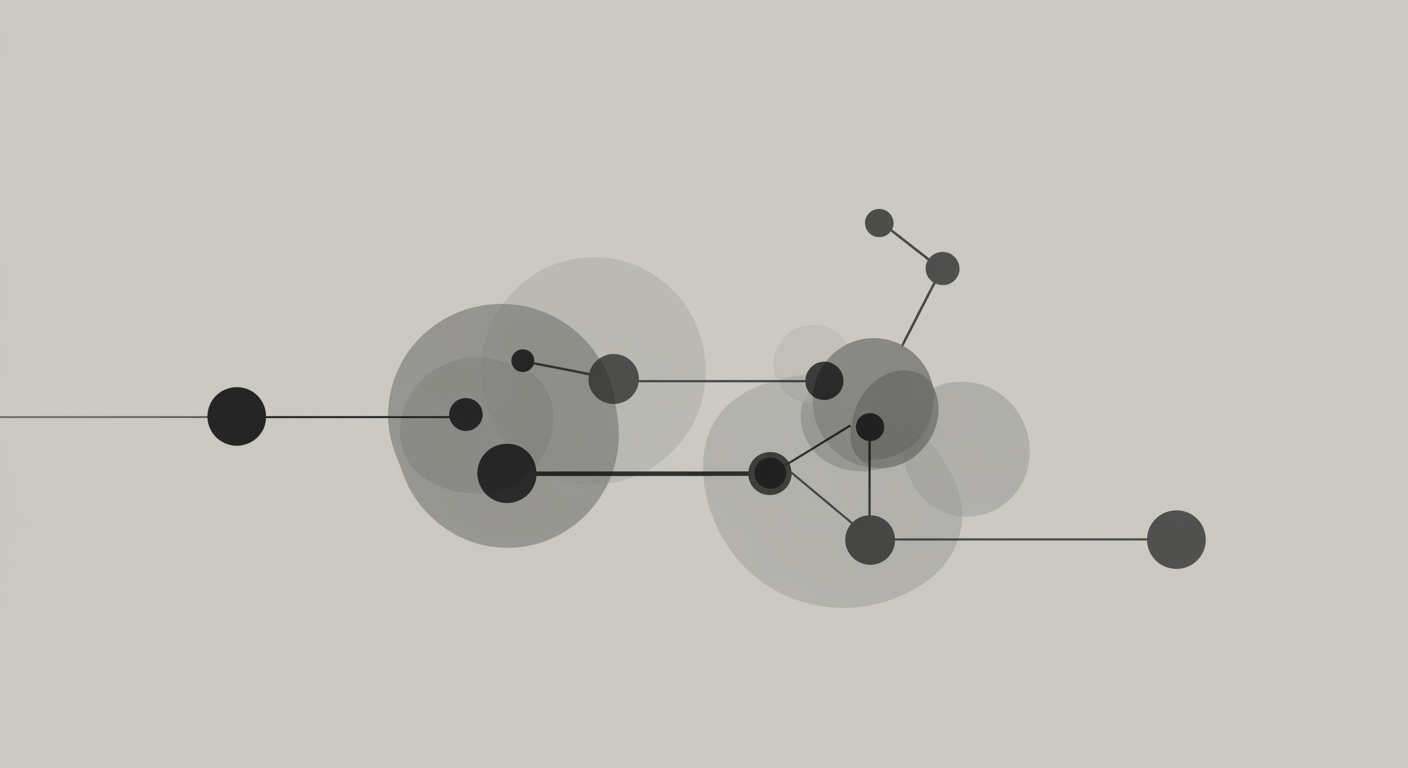Welcome to the Research and Strategy Services at in today's fast-paced.


Smartphones are changing our lives so much that there’s a new word to describe our fear of being without them: ‘nomophobia’. Unlike other phobias, this one isn’t derived from any Greek translation. It’s a 21st-century term for "no mobile phone phobia"! Neuroscientists and psychologists are now considering smartphone addiction a serious condition which can disrupt your quality of life.
Global smartphone ownership is rapidly on the rise, with over 90% of Americans owning mobile devices - collectively checking them upwards of 8 billion times per day. Most of us check our phones an average of 34 times per day. Surveys show this is a major factor for road safety with adults commonly admitting to texting while driving, while pedestrians injuries related to using a phone while walking are increasing dramatically.
Research polls carried out in the United Kingdom found that over two thirds of the population have some form of nomophobia. Compared to polls carried out 4 years earlier, where men were dominantly affected, it is now women who are more likely to be dependent. One in three UK adults claimed to have argued with their partner about using their mobile phone too much. For the youth generation, over 50% of teenagers now claim that they feel addicted to the device that never leaves their side.

This free questionnaire, created at the State University of New York, is designed to give you a quick and objective reference of your relationship to your smartphone. Scores give you a rating as follows,
20 or below – you’re not an addict
21 to 60 – you’re a little bit nomophobic
61 to 99 – you’re clearly nomophobic
100 to 200 – you’re addicted and suffer severe anxiety without your phone
High scores on the test mean you’re much more likely to have your social life negatively affected by smartphone dependence. This typically includes avoiding face-to-face interactions with family and friends, social anxiety, insomnia, or having your ability to work affected. On top of this, a concept termed ‘cognitive offloading’, means your smartphone may even be making you less smart. This stems from relying on Google to find answers to things you could actually figure out or remember with a little bit of mental effort. This prevents the flexing of cognitive muscles that keep your memory sharp.

Neuroscientists at Korea University in Seoul found that teenage boys with smartphone addiction had suffered from significant changes in brain function. Using brain imaging techniques they found an increase in neurotransmitters that inhibit neurons, reducing their brains' ability to energize neuronal signals. Fortunately, after under-going a course of cognitive behavioral therapy the same neurotransmitters returned to normal activity.
Most of us love our phones and they certainly have a valuable role to play in our information driven lifestyles. For those people veering towards addictive relationships with smartphones, the key factor is being aware of dependence. Then some simple behaviors, like turning off phones in meetings, while driving, or having dinner with family, and not keeping a phone in the bedroom, will significantly reduce its influence on daily life. Another step gaining popularity is to remove social media apps, like Facebook and Twitter from phones, and only access them from laptops.
Modern neuroscience shows that the brain is amazingly adaptive. Neuroplasticity is a door that swings both ways, allowing the negative impacts of smartphones, such as reduced attention or memory to be reversed with the right mental activities.

Switching time spent on smartphones with healthier activities such as meditating, face to face socializing with friends, exercising physically, or engaging in cognitive training, are all ways shown to recover mental function to normal and beyond.








Welcome to the Research and Strategy Services at in today's fast-paced.

Many professional roles require cognitive performance to be sustained over long periods rather than demonstrated briefly. This article explains how sustained cognitive load shapes performance in knowledge-work and monitoring environments.

An overview of the important interpretational difference between temporary changes in brain state, and durably lasting changes in cognitive capacities.

An interpretive overview explaining why cognitive training outcomes vary across individuals, how factors such as baseline ability, state, and measurement influence results, and why variability should be expected.
.png)